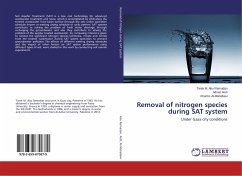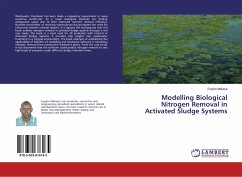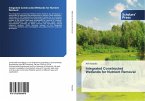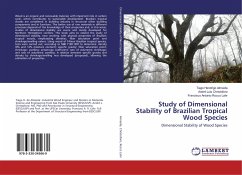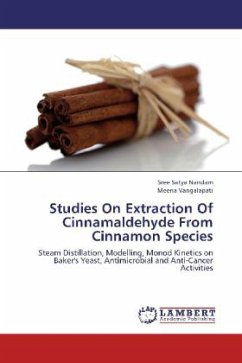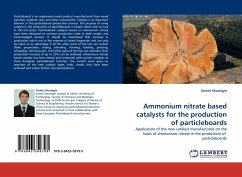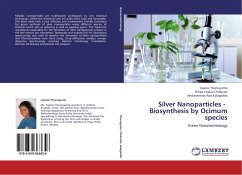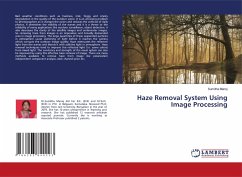Soil Aquifer Treatment (SAT) is a low cost technology for advanced wastewater treatment and reuse, which is accomplished by infiltrating the treated wastewater from basin surface through the soil, under operation schedule known as wetting drying schedule or cyclic pattern. SAT systems contribute to solving the problem of fresh water shortage through recharging the groundwater, and also they contribute to solving the problem of the surplus treated wastewater. So, increasing interest is given to remove the significant nitrogen species (ammonia, nitrate and nitrite) from the treated wastewater during SAT system operation to prevent groundwater pollution. The effects of different wetting drying schedules and the impact of other factors on SAT system performance using different types of soil, were studied in this work by conducting soil column experiments.

